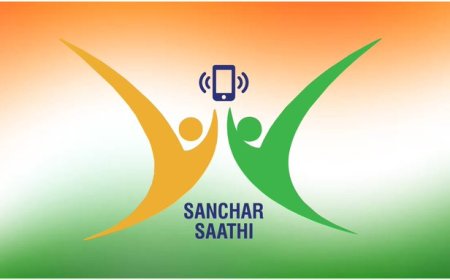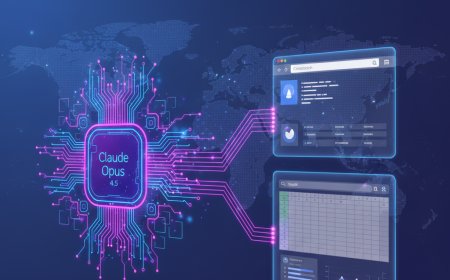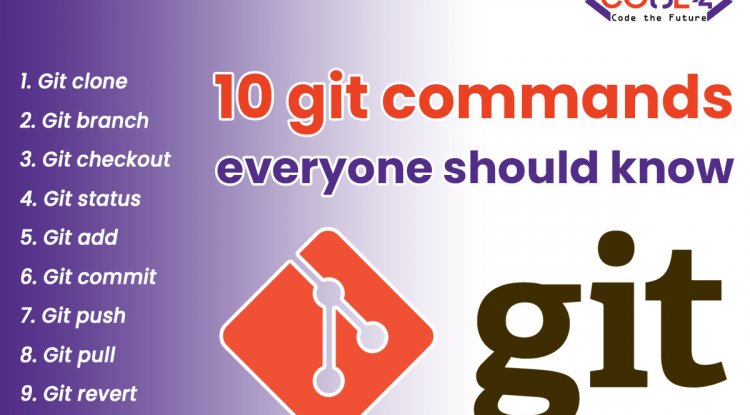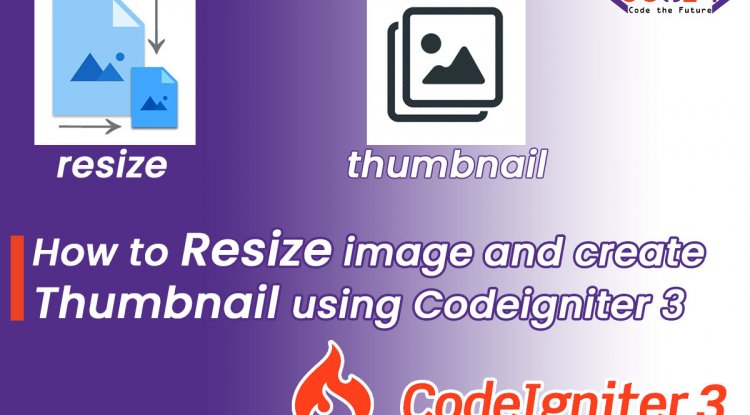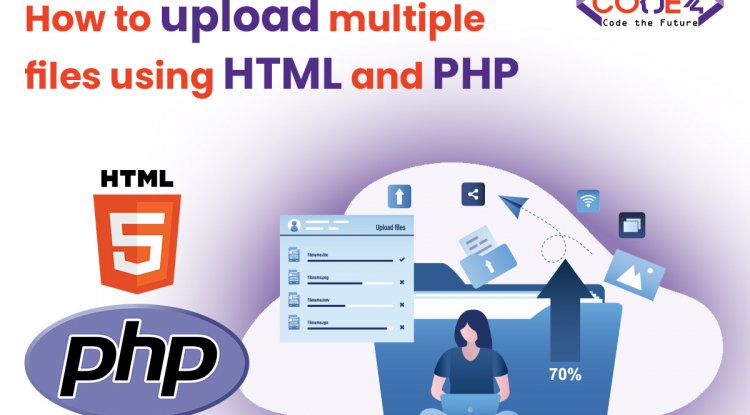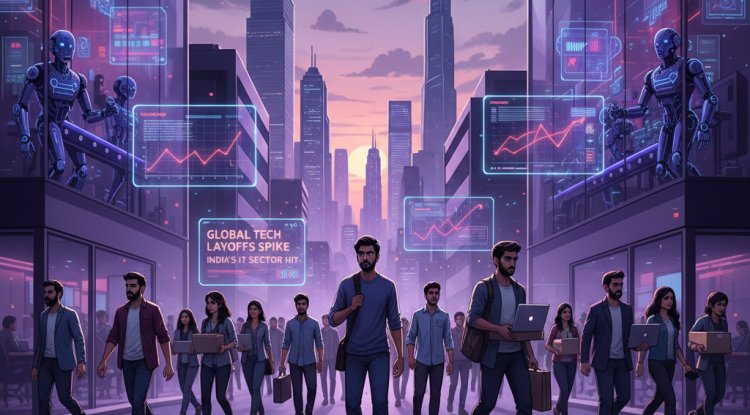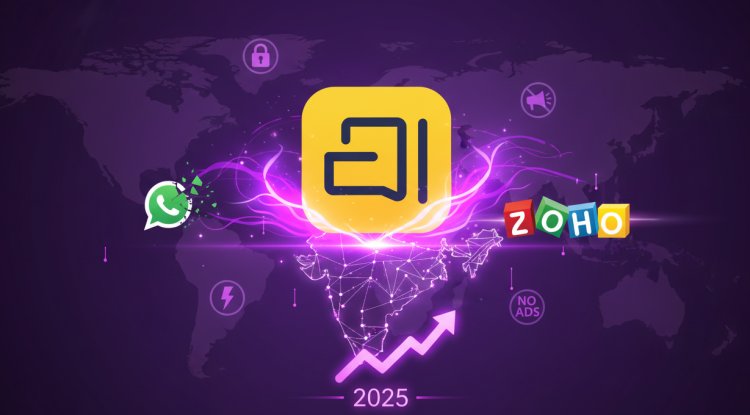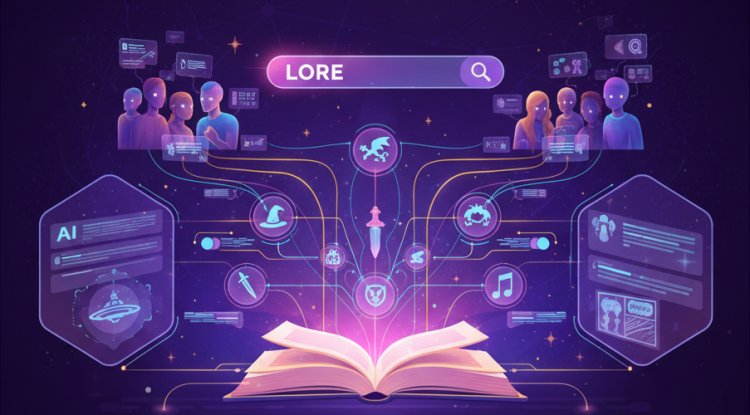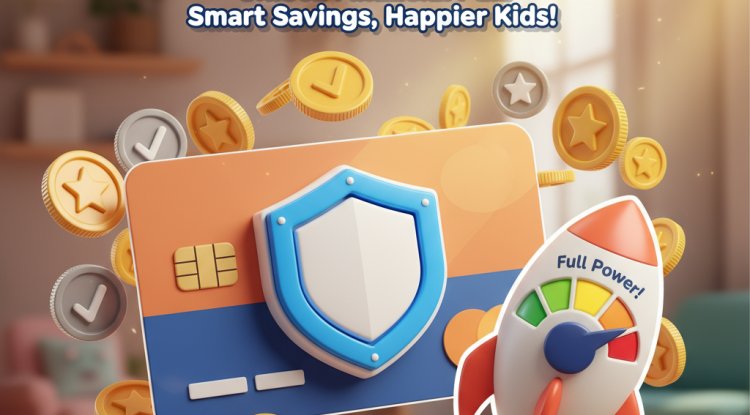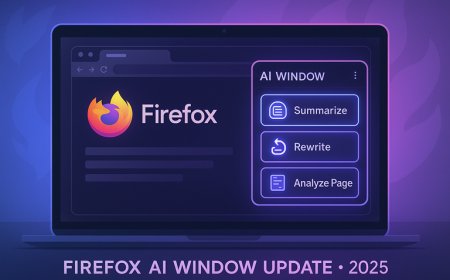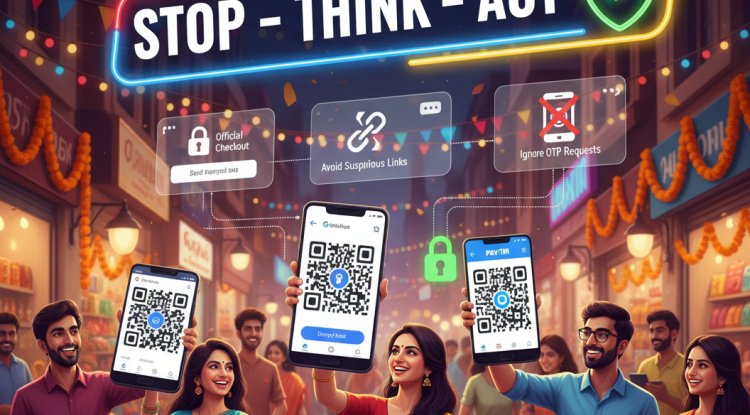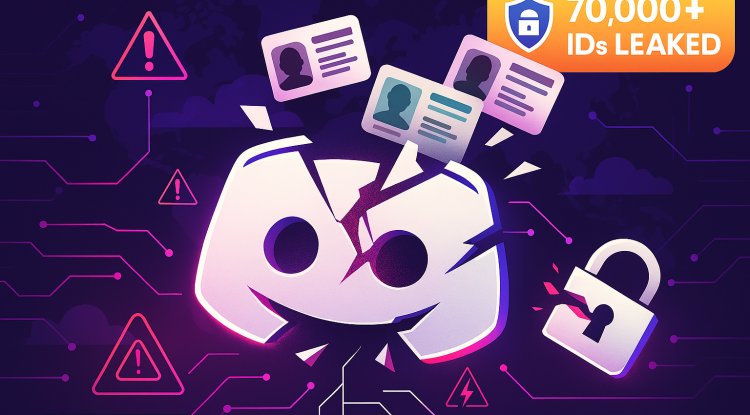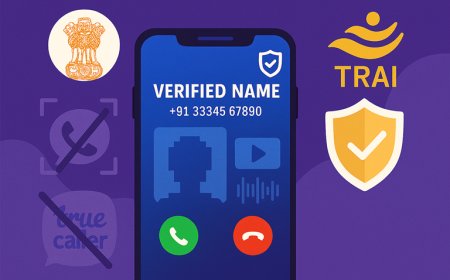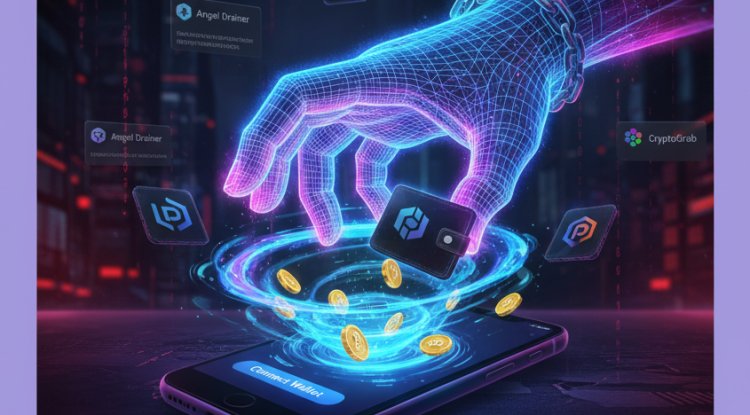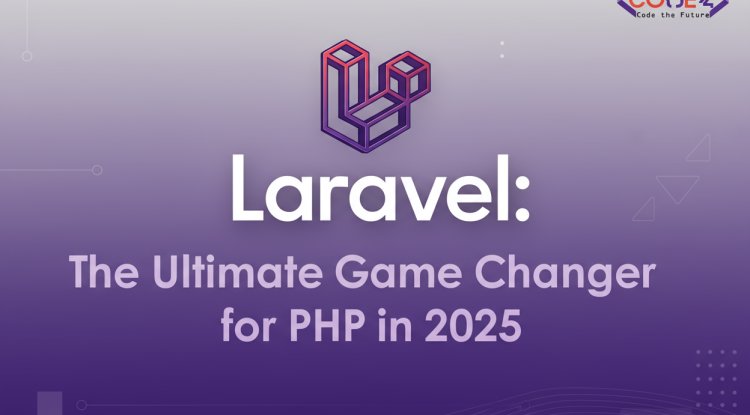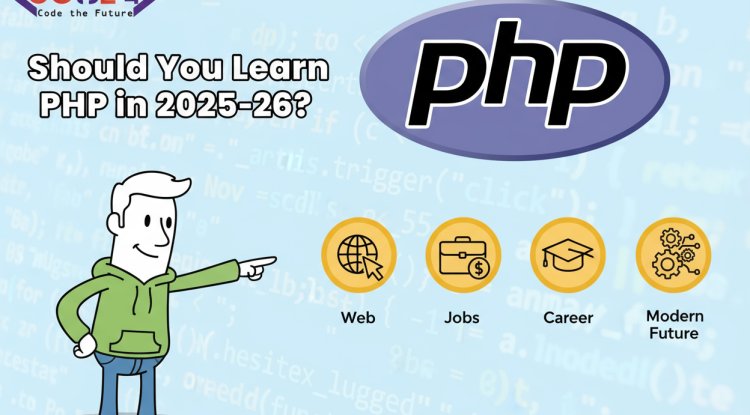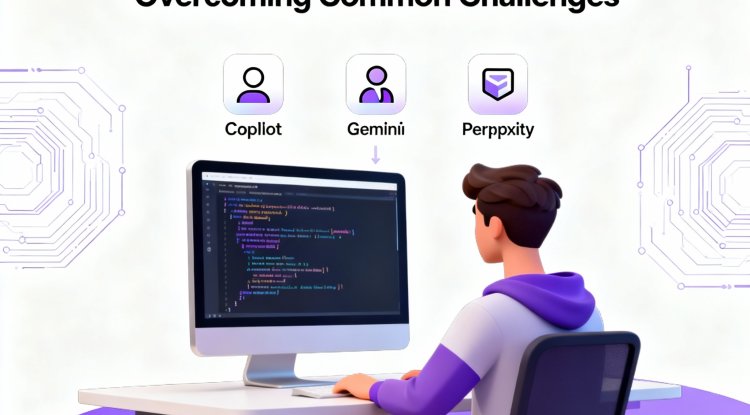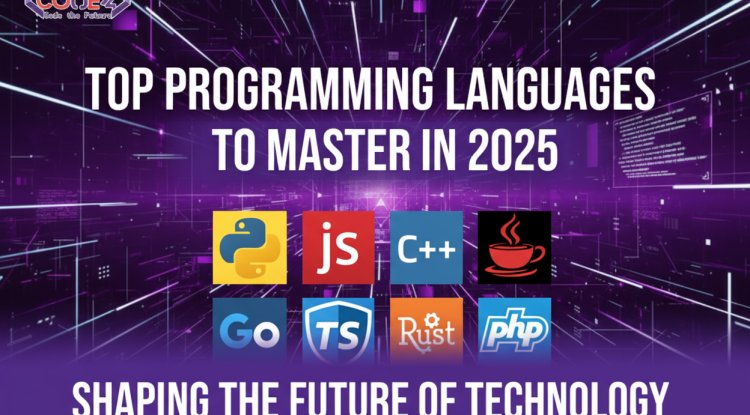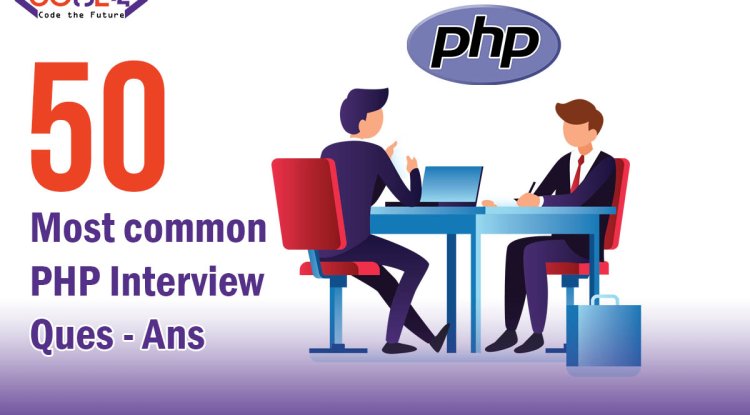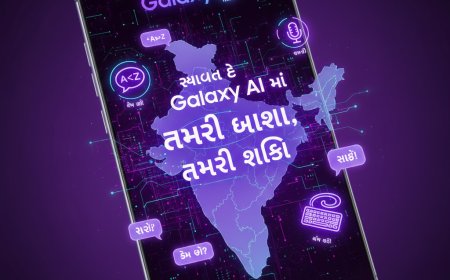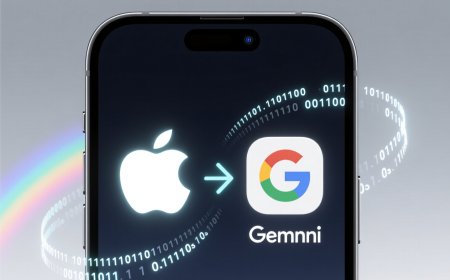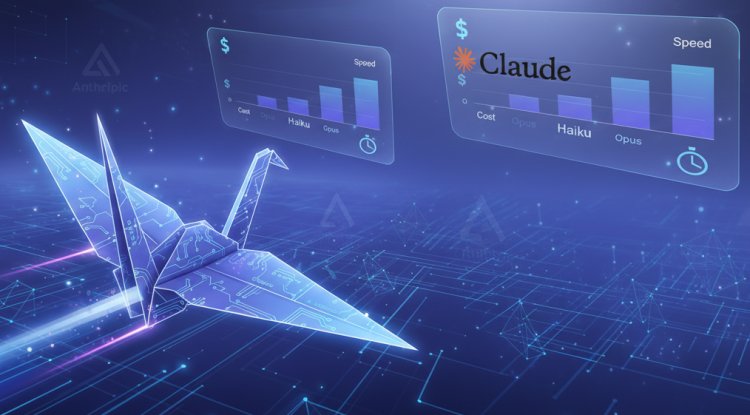ChatGPT Becomes a Platform: OpenAI Launches In-Chat Apps, Reshaping How We Use AI
OpenAI just unveiled a bold move: users can now run interactive, third-party apps directly inside ChatGPT—making the AI assistant a “platform” rather than just a chatbot. This new ecosystem, enabled by the Apps SDK and Model Context Protocol (MCP), integrates tools like Spotify, Canva, Figma, Coursera, and Zillow straight into your conversations, transforming what’s possible in everyday AI workflows.
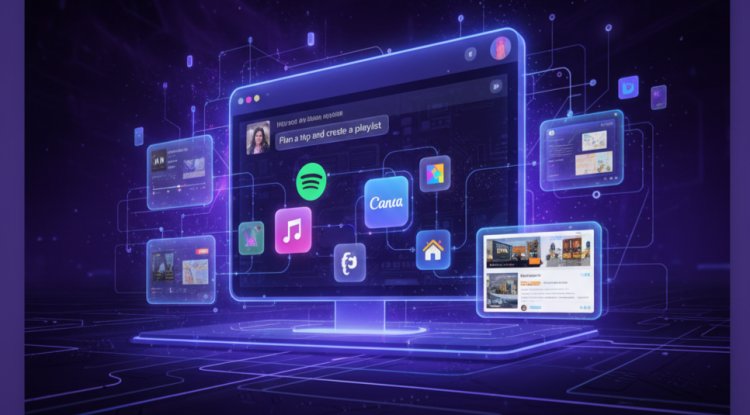
The world’s most popular AI chatbot is now also the world’s first conversational app platform. On October 6, 2025, OpenAI announced that users can access and interact with a growing catalog of third-party apps—right inside ChatGPT, no downloads or switching tabs required.
How Do Apps Inside ChatGPT Work?
- OpenAI’s Apps SDK allows developers to build lightweight, interactive applications that run natively in ChatGPT’s conversation window. Launch partners include Spotify, Canva, Figma, Coursera, Booking.com, and Zillow, with more (like DoorDash and Uber) coming soon.
- Users can now call up these apps by name (“Spotify, create a playlist for my birthday party” or “Zillow, find 2-bedroom rentals in Boston for under $2,500”), and see real-time results, interactive maps, videos, or tasks—without ever leaving the chat.
- The underlying Model Context Protocol (MCP) makes it possible for apps to securely connect data sources and services to ChatGPT, trigger external actions, and display rich UIs inside the chat. Everything is permission-based and uses context-driven discovery to surface relevant apps to users automatically.
- If users already subscribe to a product, they can log in and access premium features within ChatGPT. Monetization—including direct purchases and subscriptions via “Instant Checkout”—is coming soon, mirroring the mobile App Store and Play Store models.
How Is This Different From Plugins or the GPT Store?
- Previous GPT plugins and the GPT Store required you to hunt for tools and start separate experiences. With in-chat apps, everything happens natively as part of your conversation—suggested and surfaced contextually as you work or brainstorm.
- This is a major step towards making ChatGPT not just “smart,” but actively useful in day-to-day work, learning, shopping, and even entertainment—meeting users where they are, instead of drawing them away.
Why Are Developers and Brands Excited?
- Developer Access: The Apps SDK lets brands and startups reach 800+ million ChatGPT users, designing branded experiences that feel conversational and interactive—not traditional web pages.
- Zero-Install Workflow: Forget app downloads and icon clutter—users can get things done by chatting, moving seamlessly from creativity to commerce.
- AI Superpowers Everywhere: ChatGPT can now tap tools and databases from hundreds of companies, making it part of customer service, education, travel, finance, and more.
Questions and Challenges:
- Data Privacy: The move raises important questions about which data the apps can access—OpenAI promises only “minimum needed” access, but industry watchdogs are watching closely.
- Competition & Monetization: The ChatGPT app ecosystem poses a direct challenge to Apple’s App Store and Google Play—and could fragment user attention. Which apps will surface in a chat? Will brands compete for in-conversation visibility? The market is watching.
Industry Impact and the Future of Chat-Based Apps
- OpenAI’s move could pave the way for a more personalized, frictionless internet. “In-chat platforms” may soon compete with the web itself as the destination for buying, learning, and creating online.
- With upcoming monetization options, in-chat apps might disrupt software business models, putting ChatGPT at the center of digital commerce as both gateway and marketplace.
- Other tech leaders—from Google Gemini to Anthropic—are likely to respond with their own chat-based platforms, accelerating the pace of AI-powered utility apps.
Conclusion
By turning ChatGPT into an operating system for the internet, OpenAI’s in-chat apps are making “AI as a platform” a consumer reality. The lines between search, productivity, commerce, and entertainment are starting to blur—one conversation at a time.
Sources: TechCrunch, OpenAI Developer Blog, VentureBeat, Moneycontrol, Times of India, Skywork AI, CNN, Wired
What's Your Reaction?
 Like
0
Like
0
 Dislike
0
Dislike
0
 Love
0
Love
0
 Funny
0
Funny
0
 Angry
0
Angry
0
 Sad
0
Sad
0
 Wow
0
Wow
0
